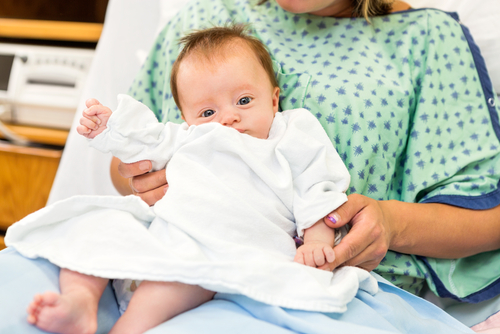Surgery to Correct Undescended Testes in PWS Has Limited Success, Study Finds
Written by |

Only 40% of orchidopexies — a surgery to correct undescended testes — in patients with Prader-Willi syndrome (PWS) are successful, compared to a high rate of success in the general population, according to a new study.
Cryptorchidism is the failure of one or both testes to descend from the abdomen to the scrotum during fetal development. The testes, or testicles, produce sperm and testosterone in males. Experts say that cryptorchidism occurs in 86% to 100% of boys with PWS.
Besides cryptorchidism, boys with Prader-Willi syndrome can also experience hypogonadism (low production of sperm or testosterone, or both), delayed puberty, and infertility.
In the study titled “Orchidopexy in children with Prader-Willi syndrome: Results of a long-term follow-up study,” published in the Journal of Pediatric Urology, researchers assessed the clinical outcomes of orchidopexy in children with PWS.
The team examined the records of 33 boys with Prader-Willi, ages 6 months to 17 years, seen at the Royal Children’s Hospital in Melbourne, Australia, over a 20-year period.
A total of 27 boys underwent orchidopexy. The ages of the boys at the time of orchidopexy were between 6 months and 5.5 years. These patients were followed up for periods ranging between four months and 14 years. A significant number of patients (15 patients, or 45% of the group) were receiving growth hormone therapy at the time of surgery.
At follow-up, 16 testes (40%) were found to be normal size and properly positioned, and orchidopexy was repeated in seven testes.
“In conclusion, in our experience, results of orchidopexy in patients with PWS are unsatisfactory, with only 40% of normal testes palpable in the scrotum,” researchers wrote. “This information should be taken into consideration for parental counseling.”
As often happens in children with Prader-Willi, two-thirds of the patients in the study had other health conditions “that could lead to complications during a general anesthesia… particularly, obesity is associated with perioperative risk factors including airway difficulties and risk of aspiration, poor vascular access and intraoperative positioning issues,” the researchers said.
The team emphasized that a multidisciplinary approach should be taken, with talks between the pediatric endocrinologists and anesthesiologists regarding the benefits vs. risks of general anesthesia in the procedure.





